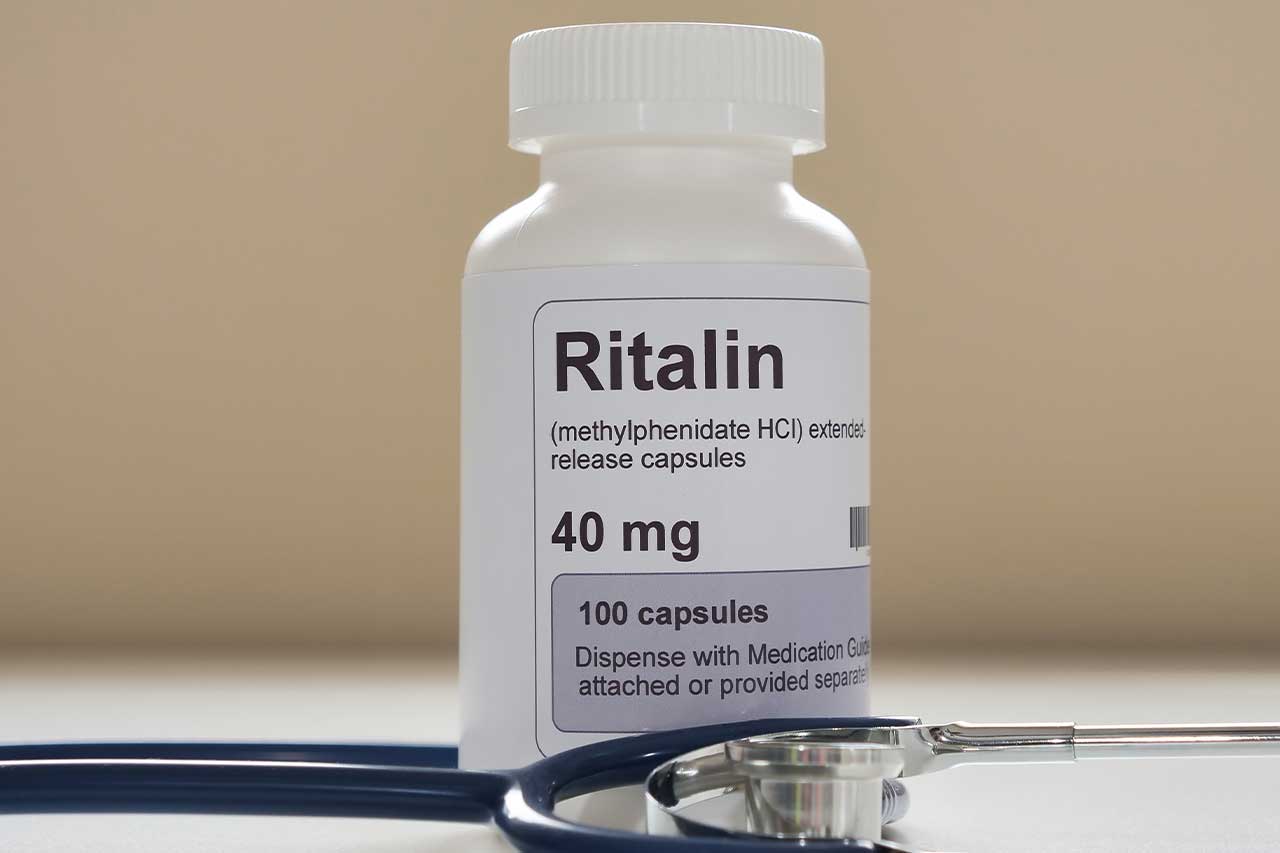Ritalin, the brand name for methylphenidate, is a prescription medication widely recognized for its effectiveness in treating Attention-Deficit/Hyperactivity Disorder (ADHD). It belongs to the stimulant class of medications and plays a vital role in managing the symptoms of ADHD in both children and adults. This guide explores Ritalin’s uses, benefits, potential side effects, dosage guidelines, and important considerations for individuals seeking ADHD treatment.
What is Ritalin?
Ritalin is a central nervous system stimulant that affects chemicals in the brain and nerves contributing to hyperactivity and impulse control. It is primarily prescribed to enhance focus, attention, and self-control in individuals diagnosed with ADHD. Ritalin is also sometimes used to treat narcolepsy, a sleep disorder characterized by excessive daytime sleepiness.
How Ritalin Works
Ritalin works by increasing the levels of dopamine and norepinephrine in the brain, neurotransmitters that are essential for attention and impulse regulation. By enhancing the activity of these neurotransmitters, Ritalin helps improve concentration, decrease impulsivity, and reduce hyperactive behavior in individuals with ADHD.
Benefits of Ritalin
- Improved Focus and Attention: Ritalin significantly enhances the ability to concentrate on tasks and follow through with responsibilities.
- Reduced Impulsivity: It helps individuals think before acting, leading to better decision-making and reduced impulsive behaviors.
- Better Task Performance: Patients often experience improved performance in academic and professional settings due to increased attention and focus.
Dosage and Administration
Ritalin is available in various formulations, including immediate-release (IR) and extended-release (ER) forms.
- Immediate-Release (IR): Typically prescribed in doses ranging from 5mg to 60mg per day, taken in divided doses.
- Extended-Release (ER): Generally taken once daily, with doses ranging from 10mg to 60mg.
Healthcare providers will tailor the dosage to the individual’s needs, starting with a low dose and gradually increasing it to find the most effective amount while minimizing side effects.
Potential Side Effects
While Ritalin is effective, it may cause side effects in some individuals. Common side effects include:
- Insomnia
- Loss of appetite
- Headaches
- Nervousness or anxiety
- Dizziness
More serious side effects, such as cardiovascular issues or mood changes, are rare but can occur. It’s essential to communicate any adverse reactions to a healthcare provider promptly.
Important Considerations
- Medical History: Before starting Ritalin, inform your doctor of any pre-existing conditions, particularly heart issues, mental health disorders, or a history of substance abuse.
- Regular Monitoring: Patients on Ritalin should have regular follow-ups with their healthcare provider to monitor effectiveness and side effects.
- Avoiding Interactions: Ritalin can interact with certain medications, so it’s crucial to discuss all current medications and supplements with your doctor.
Conclusion
Ritalin remains a cornerstone treatment for ADHD, offering significant benefits in managing symptoms and improving quality of life. With appropriate medical supervision, individuals can effectively utilize Ritalin to enhance focus, reduce impulsivity, and achieve better outcomes in their daily activities. If you or a loved one is considering Ritalin for ADHD treatment, consult a healthcare provider to explore this option further and tailor a treatment plan to meet specific needs.
